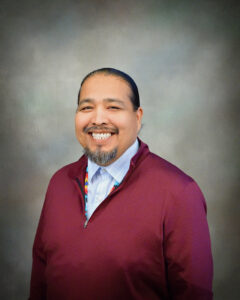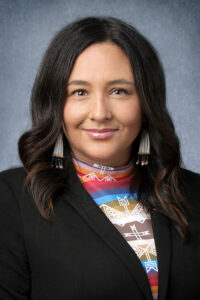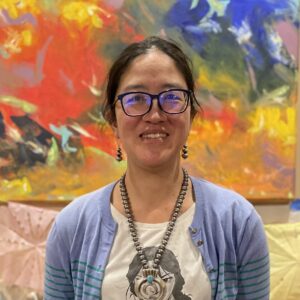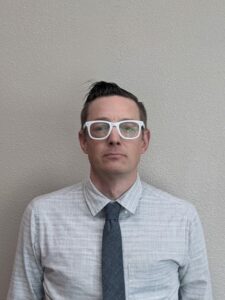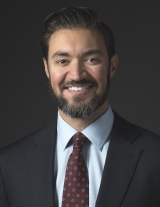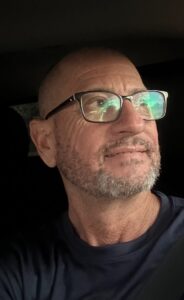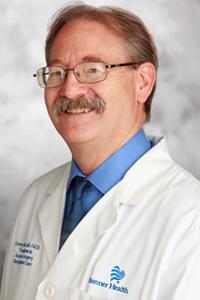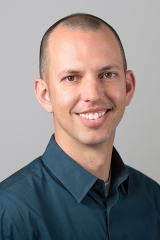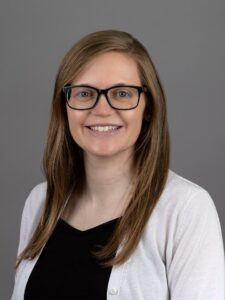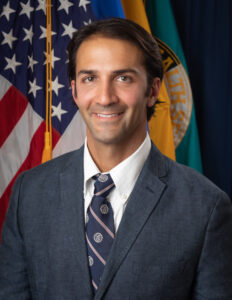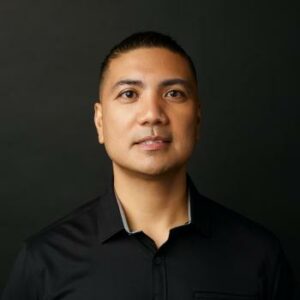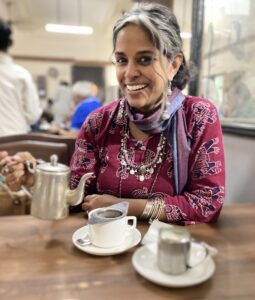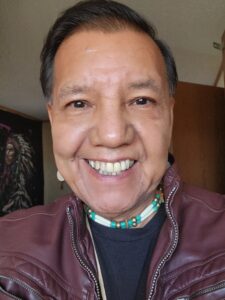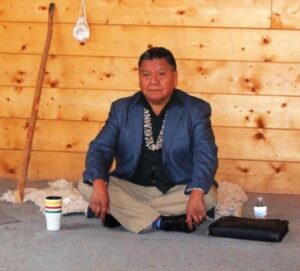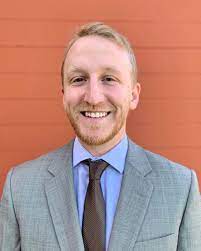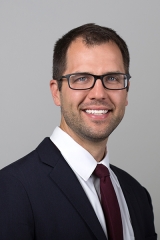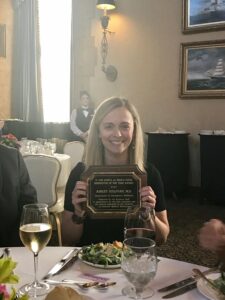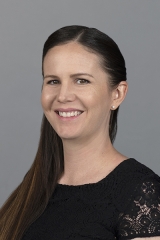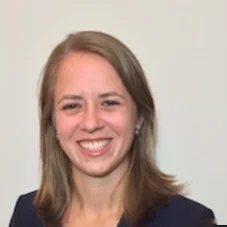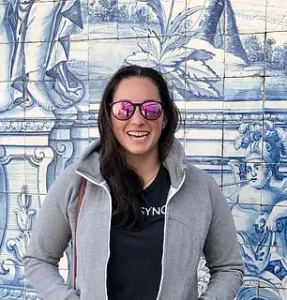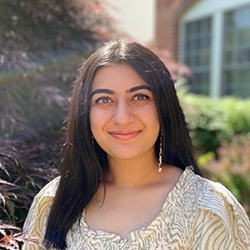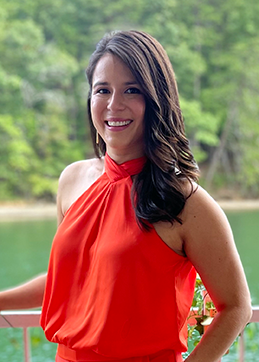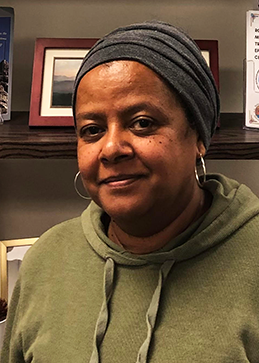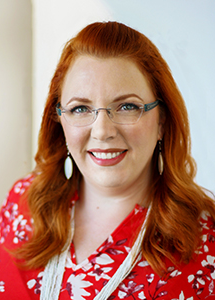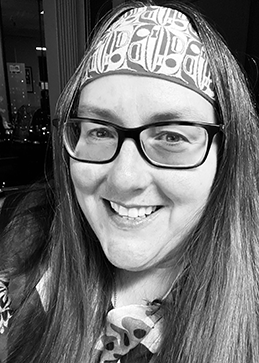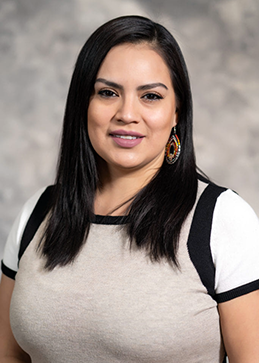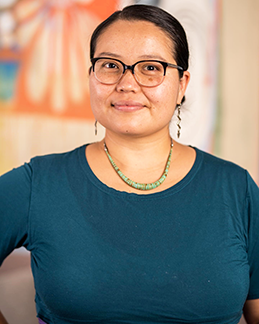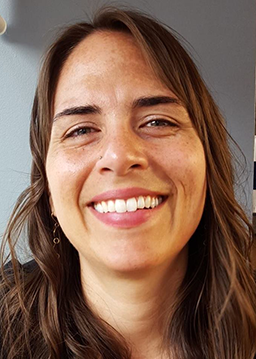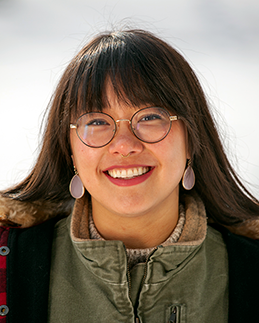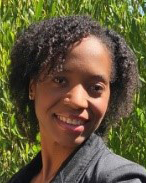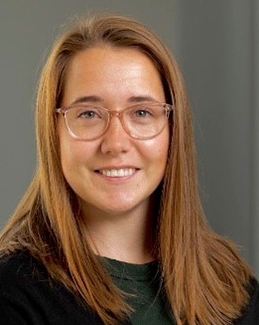Responding to Crisis with Community
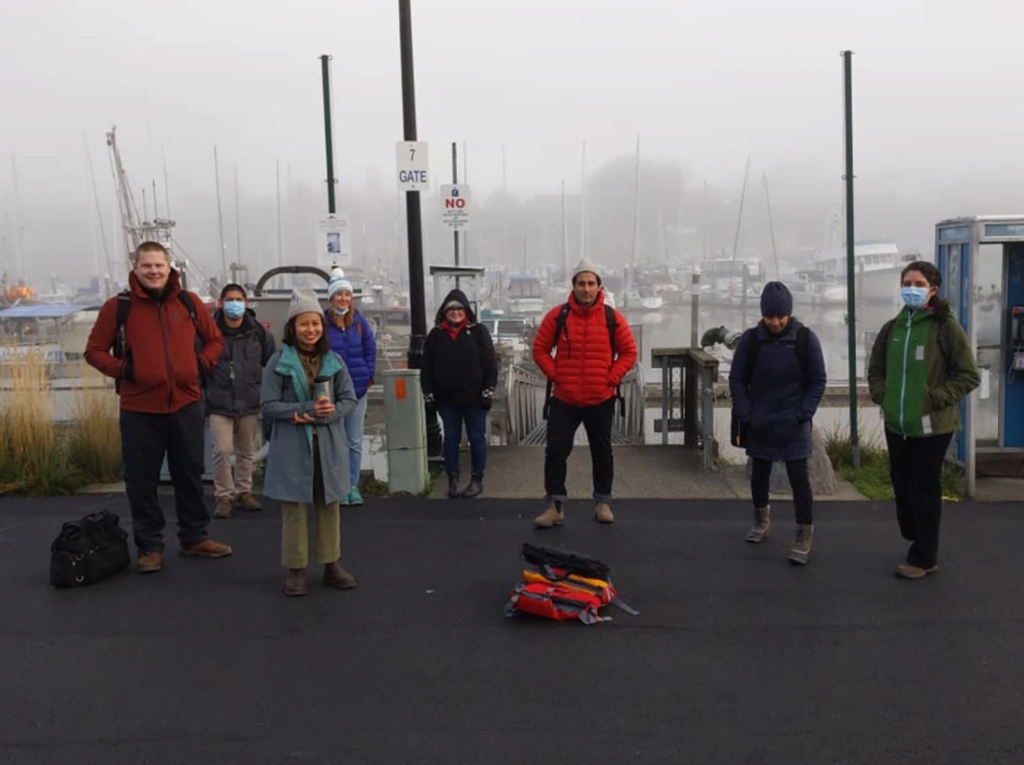
Source: KUOW
In the final months of 2021, Lummi Nation was among several communities in northwest Washington to be hit hard by historic flooding and major snowstorms. Both presented significant hurdles for ensuring access to Lummi Tribal Health Center. “The solution,” said Sheryl Nickelson, a Nurse Manager at the center, “was community.”
According to Sheryl, “Lummi Tribal Health Center – more than any other place I’ve seen – is a community clinic. This clinic belongs to the community, it is run by the community, and it supports the community.”
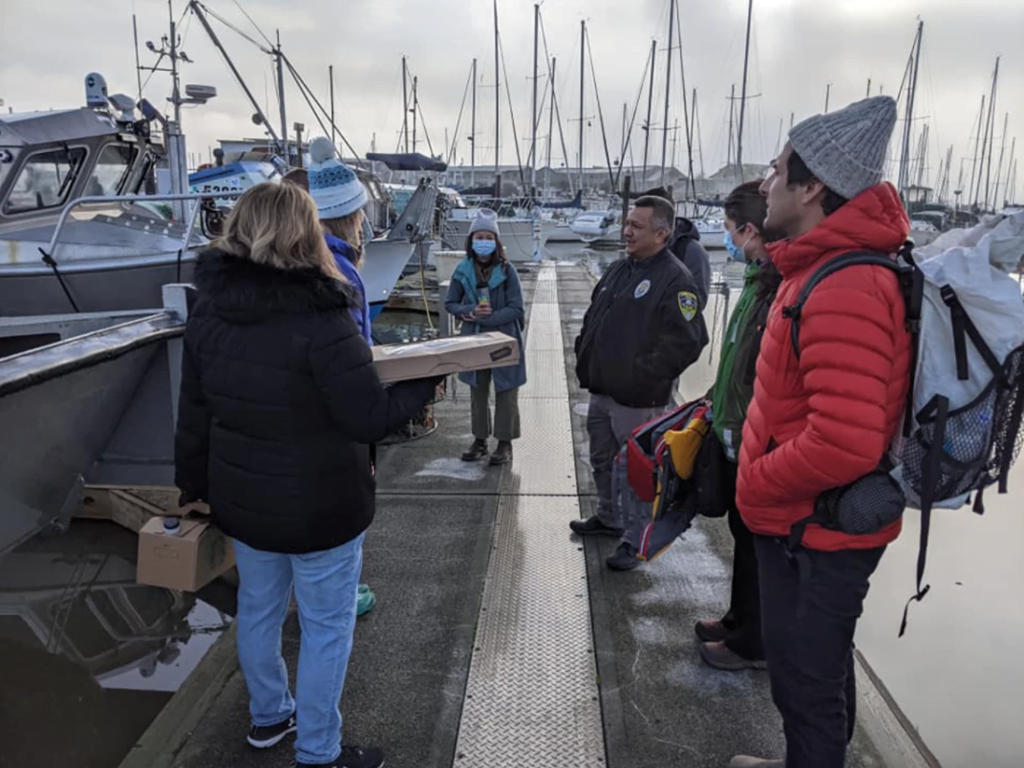
Source: KUOW
In November of 2021, what Sheryl described as a “perfect storm” of heavy rain, tides, and snow melt, resulted in heavy flooding in Whatcom County and the surrounding areas. The roads leading in and out of Lummi Nation were cut off, and many homes in the surrounding area, including those in the city of Bellingham, were underwater.
Flooding on the roads leading to Lummi Nation meant that many staff couldn’t make it in to work safely. Although two employees had to be rescued from their homes, it was vital that the clinic remain open to provide treatment for patients – whose needs ranged from dialysis treatment to accessing medications for opioid use disorder.
According to Sheryl, keeping the clinic open is reassuring for the community. “I think it’s psychological” she said. “Our community members knowing that we’re open and we’re here is important.”
To ensure that community members had consistent access to care, clinic leadership met daily with staff from the local police department via Zoom. The goal: making sure there was a plan in place to open the clinic the next day. At times, planning involved providing transportation for staff, so they could more safely traverse the flooding. At other times, it meant borrowing a boat from the Tribal police to transport a skeleton crew of staff to Lummi from across the bay, where many providers live.
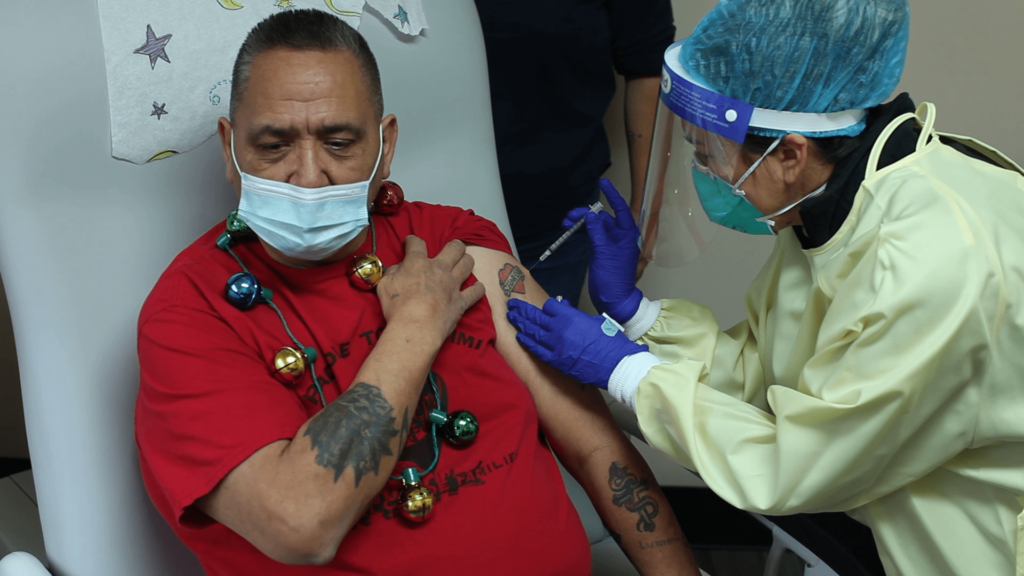
Source: Children of the Setting Sun Productions
It also meant coordinating care and sharing electronic health records with clinics and pharmacies in Bellingham for patients who didn’t live on the reservation and couldn’t safely navigate flooding or other harsh weather conditions.
Even though the doors were open, reduced staffing and limited hours meant that clinic staff were often stretched thin. Sheryl’s staff were used to filling in different roles throughout the COVID pandemic, sometimes even working the phones from home when they couldn’t make it in physically, but flooding, and then snowstorms, exacerbated these challenges. One day, while working towards seeing as many patients as she could, an Elder came into the clinic needing a replacement for his continuous glucose monitor (CGM), a device that provides constant glucose level tracking for patients with diabetes. For support, Sheryl turned to Jim Scott, a Lummi community member and the clinic’s Facilities Manager of 20 years, who was familiar with the device. Jim was happy to chip in, taking the Elder into a room to get situated. At another point during the flooding, Jim used his own truck to transport patients needing dialysis treatment.
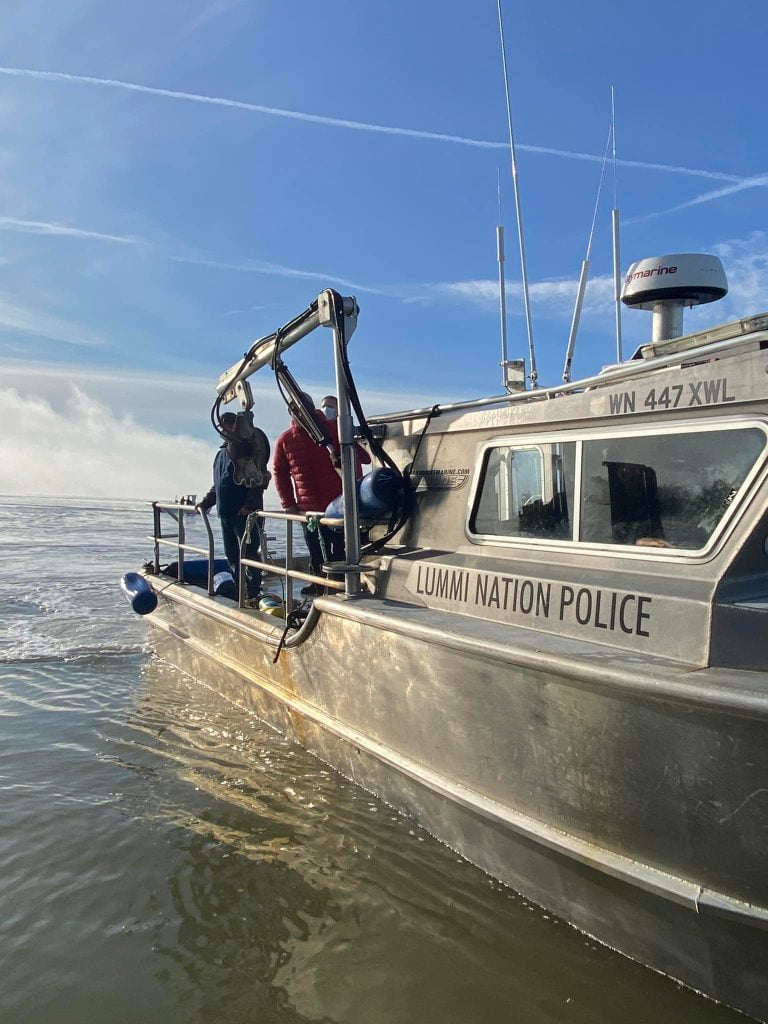
Source: Facebook
Throughout the pandemic, the floods, and the snowstorms, Lummi Tribal Health Center staff supported one another in different ways – filling in different roles when someone else needed the day off, bringing in coffee, and lifting each other’s spirits when the day felt especially tough.
Some of the clinic staff have been there well over a decade, and Sheryl feels that they’re not just there to support the community, as she says: “Staff become a part of the community, even if they are not Tribal members.”
Sheryl, like many others, has also found support in Indian Country ECHO. She regularly attends the SUD and COVID-19 ECHO program sessions to gain resources, useful knowledge, and to be in community with other providers.
To enhance your ability to screen, treat and manage patients, join one of Indian Country ECHO’s virtual clinics. Here you will participate in didactic and case presentations, receive recommendations from peers and a multidisciplinary team of specialists, and join a learning community of dedicated I/T/U providers committed to growing clinical capacity so every patient across Indian Country receives the care they deserve.
